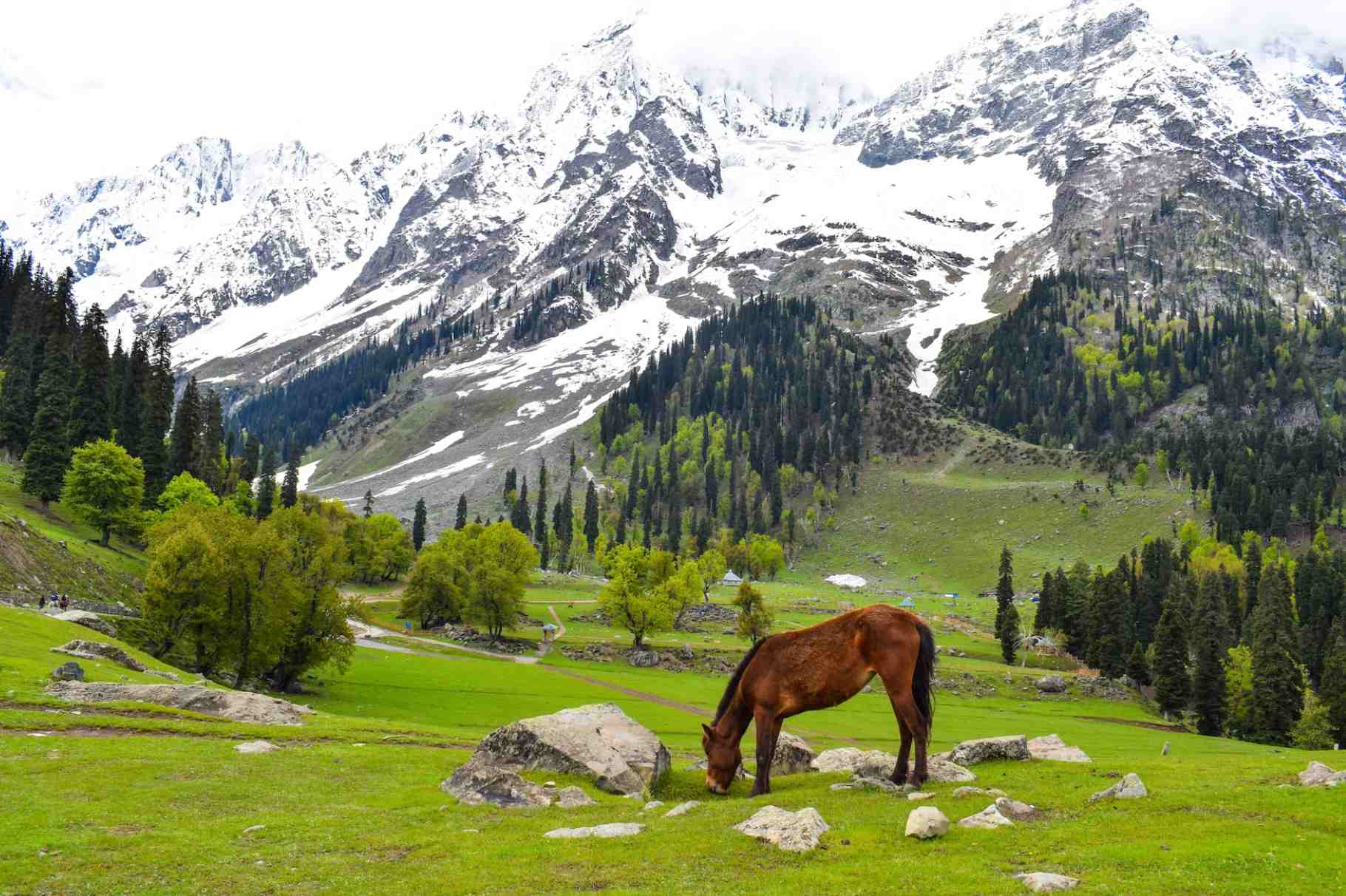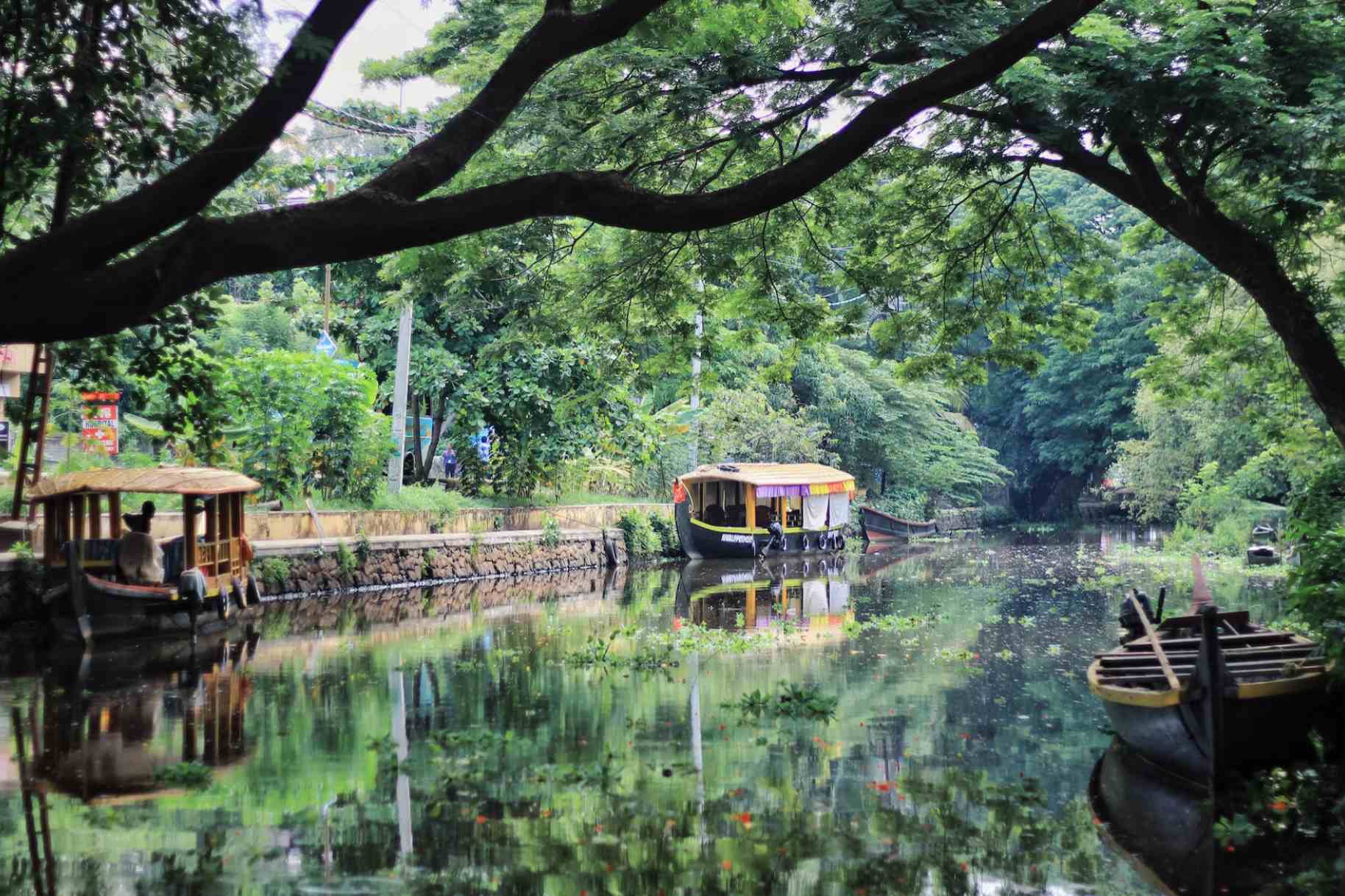Low-impact camping practices | Sneakout
 Maximum time to complete: 2 mins
Maximum time to complete: 2 mins
Low-impact camping practices are essential to minimise the environmental and ecological footprint of outdoor adventures. By following these practices, you can help protect the natural beauty of the wilderness and preserve it for future generations. Here are some key low-impact camping principles:
Leave No Trace: This is a set of guidelines for outdoor ethics that promotes minimal impact. It involves planning ahead, staying on established trails, disposing of waste properly, respecting wildlife, and being considerate of other visitors. These principles aim to ensure that you leave nature as you found it.
Plan ahead and prepare.
Travel and camp on durable surfaces.
Dispose of waste properly.
Leave what you find.
Minimise campfire impact or use a camp stove.
Respect wildlife.
Be considerate of other visitors.
Camp in Designated Areas: Camping in established campsites helps protect fragile ecosystems because they are designed to withstand the impact of human use. Using existing fire rings and tent pads minimises the disturbance to the environment.
Pack Out What You Pack In: This means that all trash, including food scraps, should be carried out with you. Leave no litter behind. This also includes removing things like microtrash (small bits of litter) to maintain a pristine environment.
Use a Camp Stove: Camp stoves are cleaner and more efficient than open fires. They reduce the consumption of wood and minimise the risk of wildfires in areas prone to dry conditions.
Reduce Noise: Noise can disrupt wildlife and other campers' experiences. Keep conversations and activities to a minimum, especially during quiet hours, to maintain the tranquillity of the outdoors.
Stay on Trails: Venturing off established trails can lead to soil erosion, damage to plant life, and disruption of wildlife habitats. Stick to designated paths to minimise your environmental impact.
Minimise Toileting Impact: Follow Leave No Trace guidelines for disposing of human waste. If there are no established toilets, dig a small hole at least 200 feet away from water sources to bury waste, and pack out toilet paper in a sealed bag.
Respect Wildlife: Maintain a safe distance from animals and avoid feeding them, as human food can harm their health and disrupt their natural behaviours. Store food securely to prevent wildlife from becoming conditioned to human food sources.
Use Biodegradable Soap: When washing dishes or yourself, use biodegradable soap, and do so at least 200 feet away from water sources to prevent contamination. Biodegradable soap breaks down harmlessly in the environment.
Camp in Small Groups: Smaller groups have a reduced impact on the environment. Larger groups can create more disturbance, so it's best to keep your party small.
Limit Stay Duration: Extended stays in one area can lead to overuse and damage. It's essential to practise a transient style of camping to reduce the impact on the land.
Practise Responsible Fishing: If you plan to fish, be sure to follow local fishing regulations and practice catch-and-release whenever possible to protect fish populations.
Mindful Food Storage: In areas with bears and other wildlife, it's crucial to use bear-resistant containers or hang food out of reach to prevent animals from getting habituated to human food.
Respect Local Regulations: Different areas may have specific rules and regulations regarding camping, fires, and wildlife protection. Familiarise yourself with these and obtain any necessary permits to ensure you're following the law and protecting the environment.
By following these low-impact camping practices, you can enjoy the great outdoors while preserving its beauty and natural integrity for future generations to enjoy.
Disclaimer: Sneakout claims no credit for images featured on our blog site unless otherwise noted. All visual content is copyrighted to its respectful owners.



























































































































































































































































